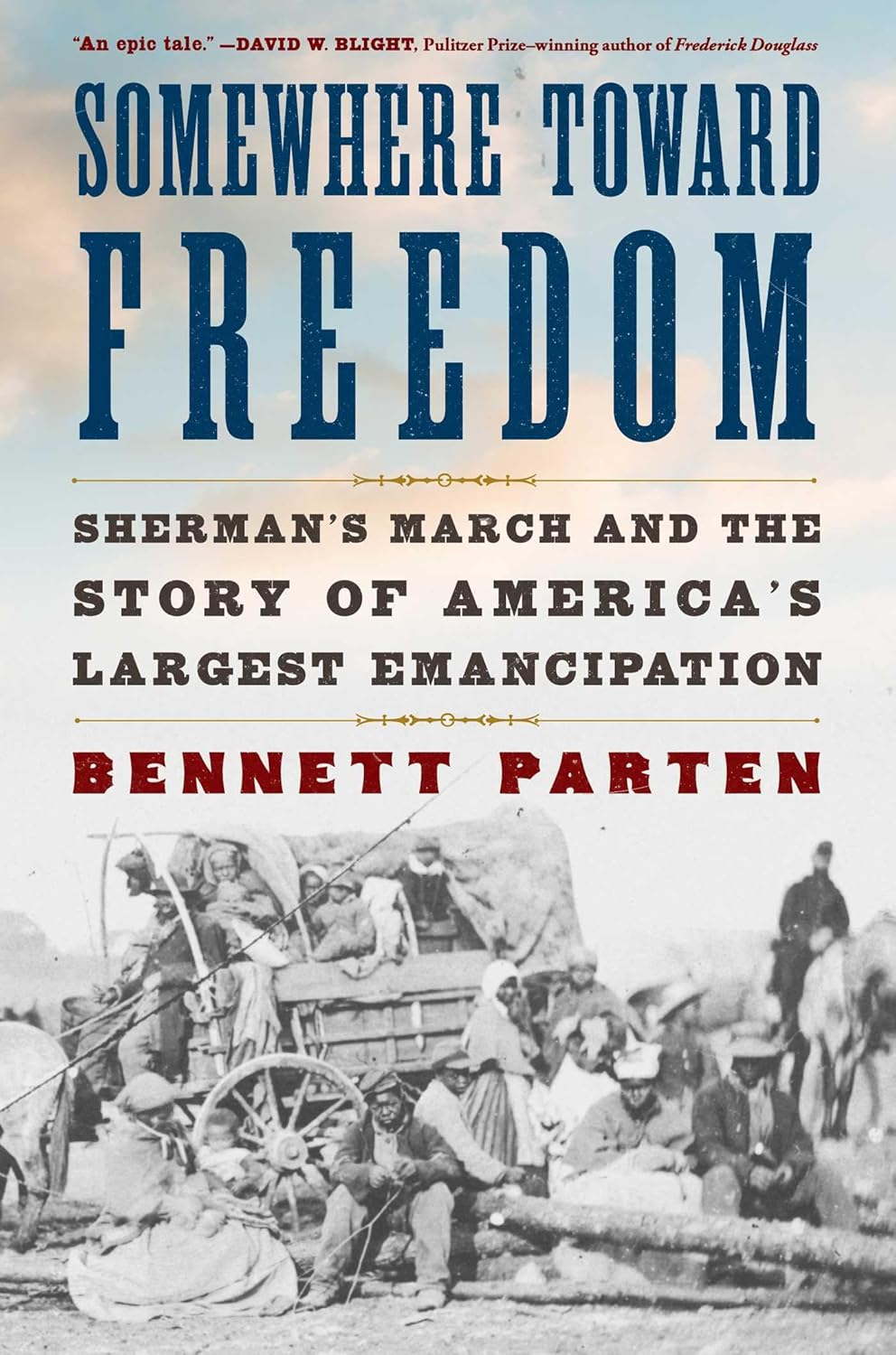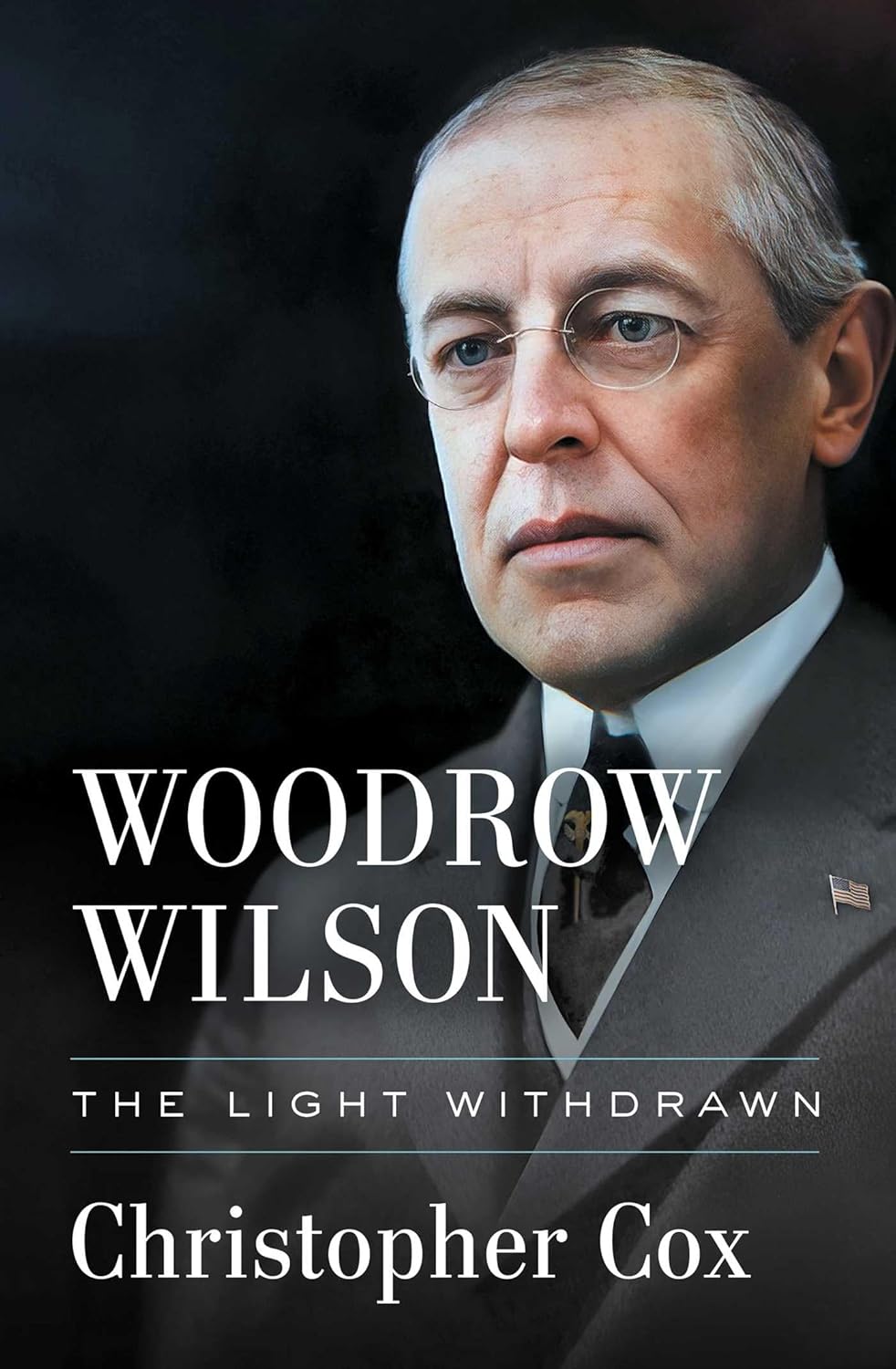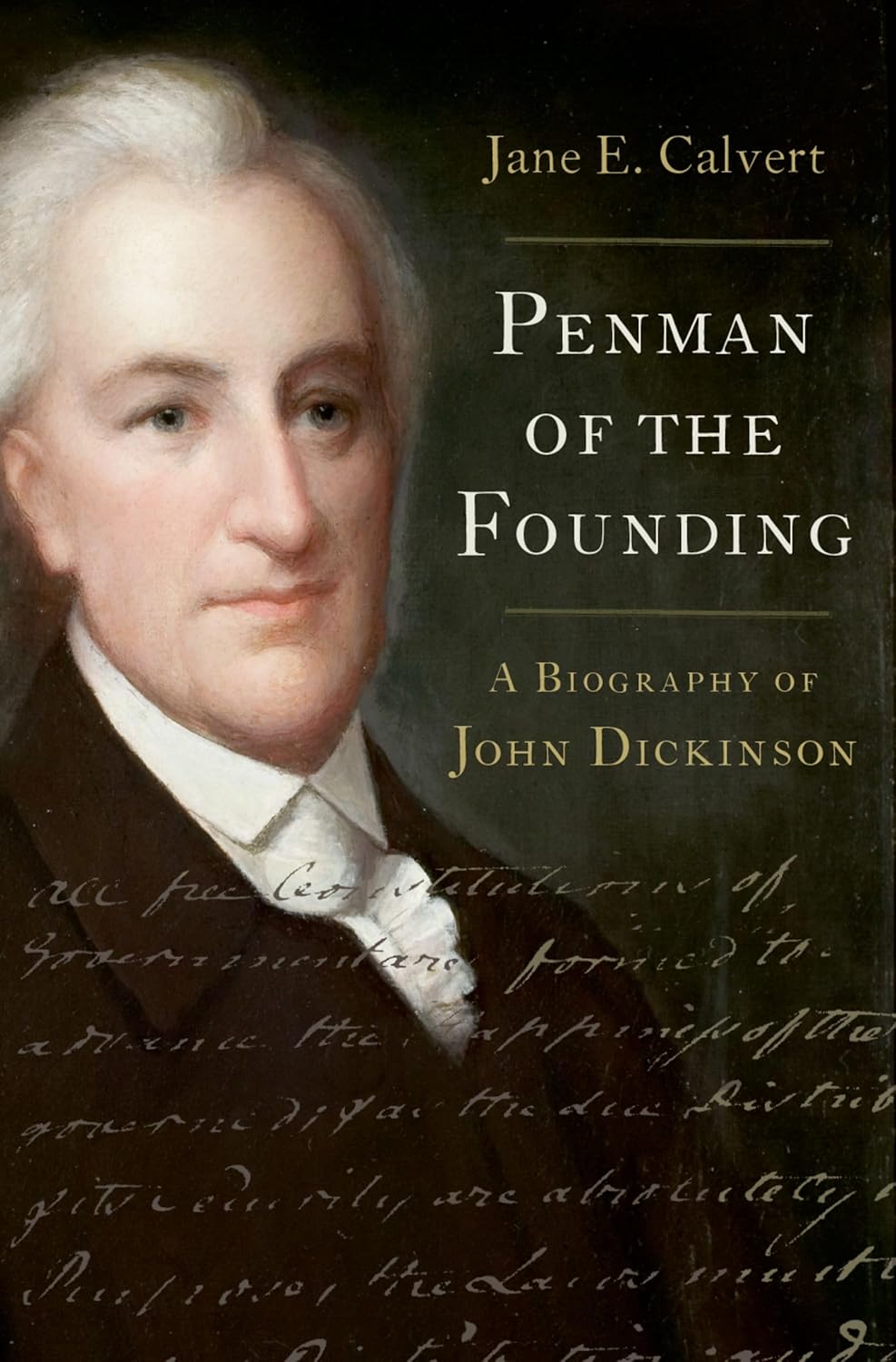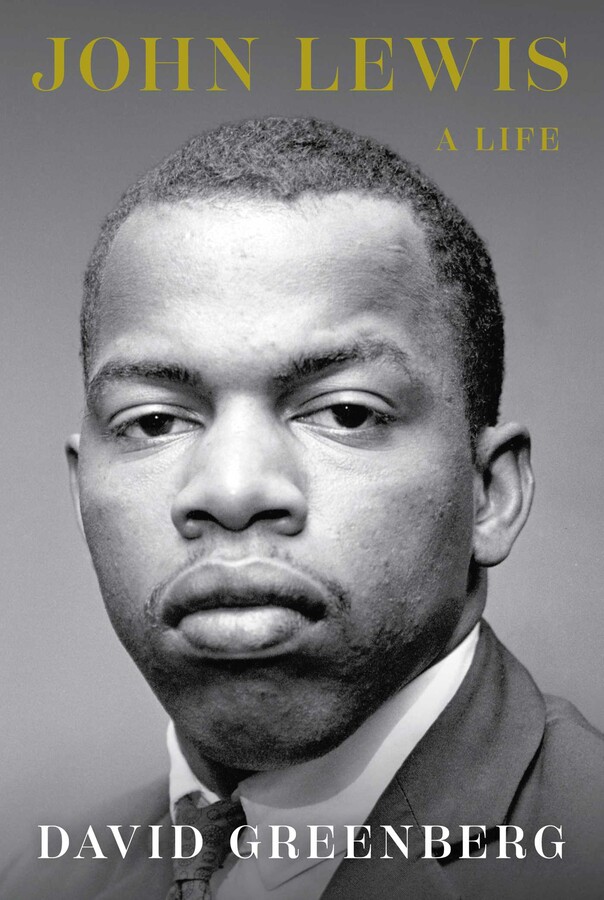Stan’s guest this week is historian Bennett Parten, talking about his new book, Somewhere Toward Freedom: Sherman’s March and the Story of America’s Largest Emancipation, published by Simon & Schuster on January 21, 2025. Sherman’s March has remained controversial to this day, and this book is a major new interpretation of the March and its legacy in American history. Parten focuses on how the March played a significant role in ending the Civil War, due in no small part to the efforts of the tens of thousands of enslaved people who became a part of it as the US Army marched across Georgia towards Savannah.





